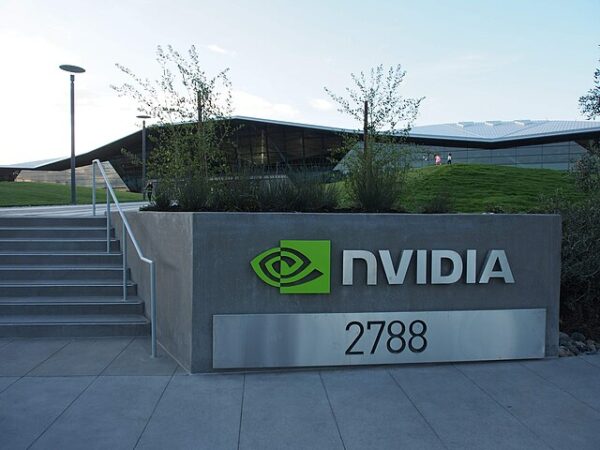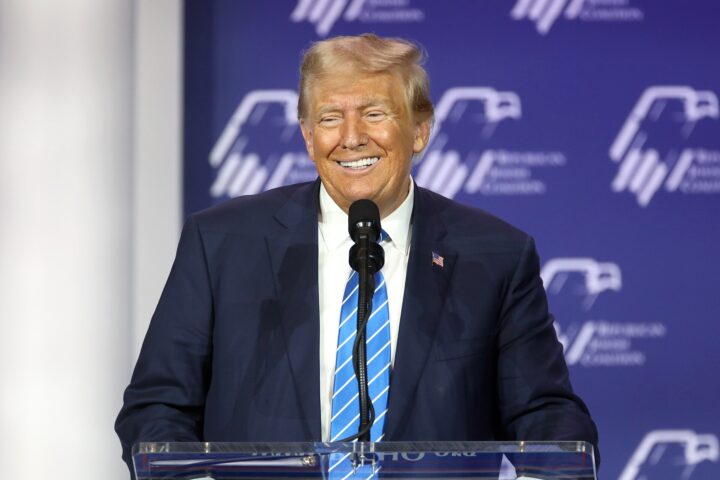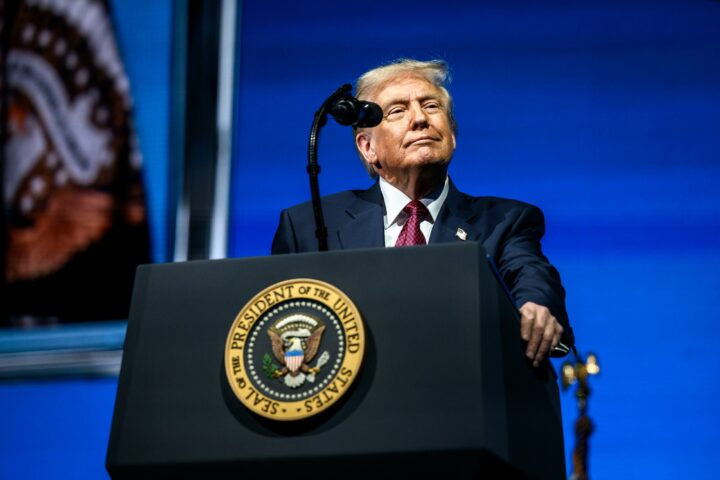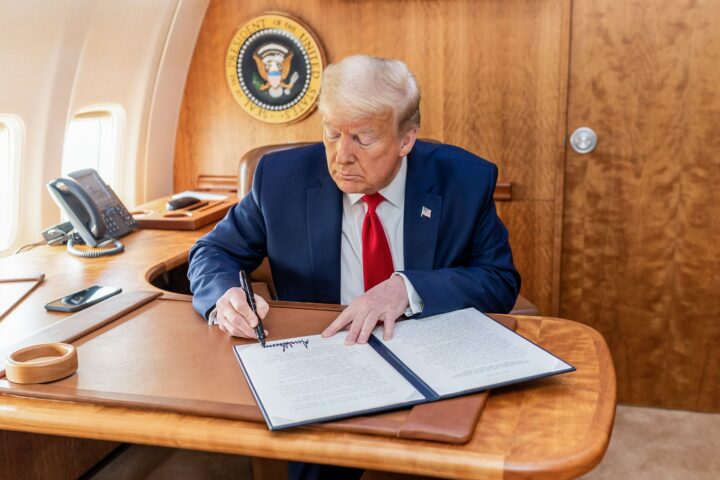In a sharp break from longstanding export-control practices, the Trump administration will impose a 15% fee on certain advanced chip exports to China by semiconductor giants Nvidia and Advanced Micro Devices (AMD), according to a senior administration official. The fee — unprecedented in its direct link to the issuance of export licenses — will apply to specific high-performance AI chips, signaling a new method of regulating sensitive technology sales abroad.
The arrangement, first reported by the Financial Times, targets Nvidia’s H20 chip and AMD’s MI308 chip, both central to artificial intelligence applications. Finalized last week, the deal clears the way for both companies to resume sales in China after months of restrictions.
“We follow rules the U.S. government sets for our participation in worldwide markets,” Nvidia said in a statement. “While we haven’t shipped H20 to China for months, we hope export control rules will let America compete in China and worldwide.” AMD has not yet issued a public comment.
This approach marks a stark departure from traditional U.S. export controls, which typically focus on outright denial or licensing requirements rather than extracting a share of sales revenue. The administration has not disclosed how it will allocate the potentially billions in new revenue from the fees — a sum that could grow rapidly given China’s demand for high-end AI chips.
Industry data suggests particularly strong interest from Chinese buyers for Nvidia’s H20. Reports indicate the company recently boosted production orders with Taiwan Semiconductor Manufacturing Company (TSMC) to meet anticipated demand. The stakes are high: Nvidia previously reported a $4.5 billion quarterly loss tied to earlier restrictions on H20 sales to China, underscoring the lucrative nature of the market, but China itself has claimed they have security concerns over the product.
The policy lands amid escalating U.S.-China trade tensions and mounting security concerns over China’s AI capabilities.








